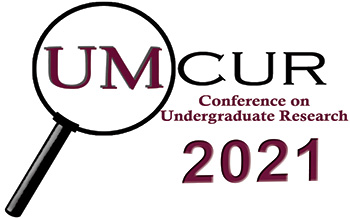Project Type
Presentation
Faculty Mentor’s Full Name
Laurie Minns
Faculty Mentor’s Department
Biology
Abstract / Artist's Statement
As the biology field grows and more students enroll in STEM-related courses, it can be difficult for students to engage and actively learn during class time. Peer-teaching/team-based activities are an excellent way to implement active learning into these classrooms and have been shown to have positive effects on student learning outcomes. However, other variables influencing a student’s learning outcomes in conjunction with peer-leading have not been deeply explored. In order to gain insight into this, student exam performance was compared with student perception and time spent preparing for team-based activities. Students’ perceptions of their learning and engagement pre- and post-team-activity were assessed using Likert scale surveys (Appendix 1) and results were compiled using scantrons. This study assessed if student performance is improved by peer-leading, or if student habits and attitudes have a significant effect on course performance independently. The study was reviewed by the University of Montana’s IRB and designated as exempt (IRB-186-19), however, each student in the study completed FERPA permission forms. This study will reveal to what extent peer-leading/team-based learning impacts student performance when combined with positive student interactions, which will help instructors purposefully design more successful classroom structures and activities.
Category
Life Sciences
Positive student perception and increased preparation time prior to team-based learning activities may be correlated with an increase in exam grades in college biology class
As the biology field grows and more students enroll in STEM-related courses, it can be difficult for students to engage and actively learn during class time. Peer-teaching/team-based activities are an excellent way to implement active learning into these classrooms and have been shown to have positive effects on student learning outcomes. However, other variables influencing a student’s learning outcomes in conjunction with peer-leading have not been deeply explored. In order to gain insight into this, student exam performance was compared with student perception and time spent preparing for team-based activities. Students’ perceptions of their learning and engagement pre- and post-team-activity were assessed using Likert scale surveys (Appendix 1) and results were compiled using scantrons. This study assessed if student performance is improved by peer-leading, or if student habits and attitudes have a significant effect on course performance independently. The study was reviewed by the University of Montana’s IRB and designated as exempt (IRB-186-19), however, each student in the study completed FERPA permission forms. This study will reveal to what extent peer-leading/team-based learning impacts student performance when combined with positive student interactions, which will help instructors purposefully design more successful classroom structures and activities.
